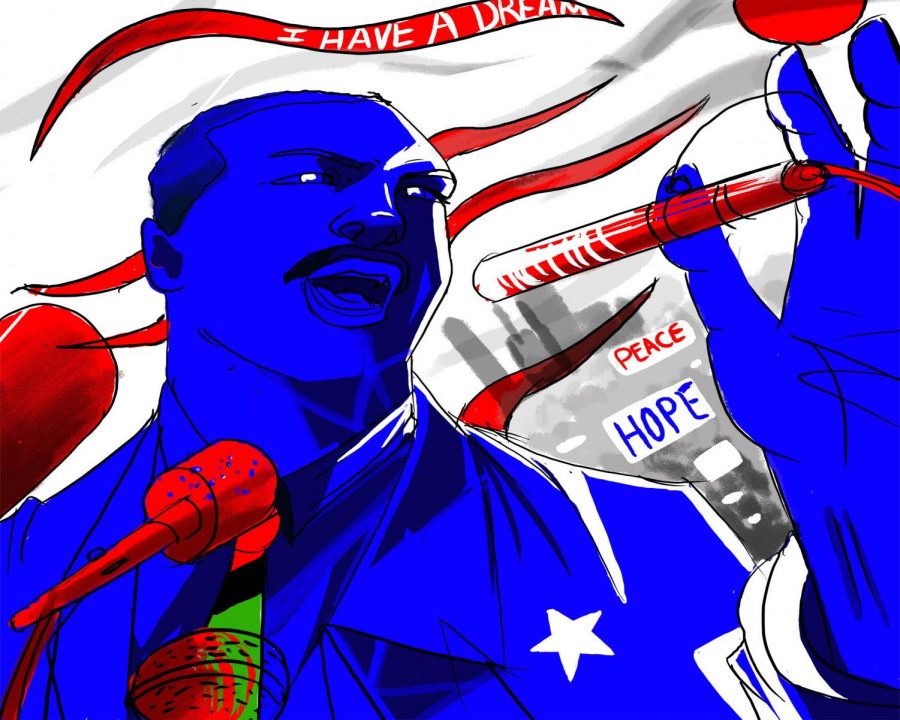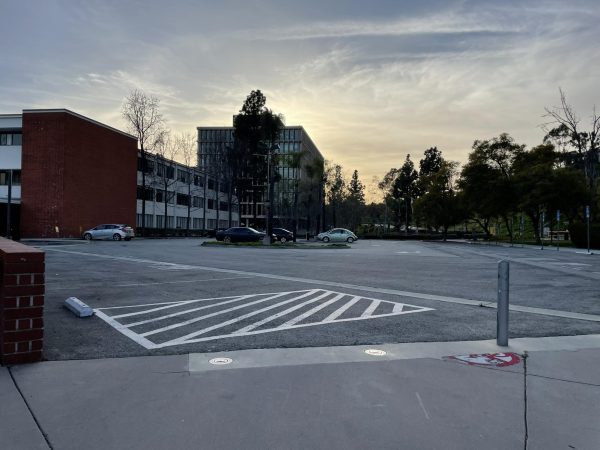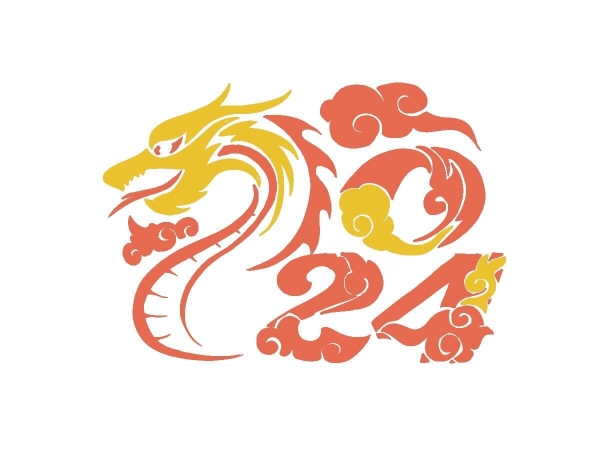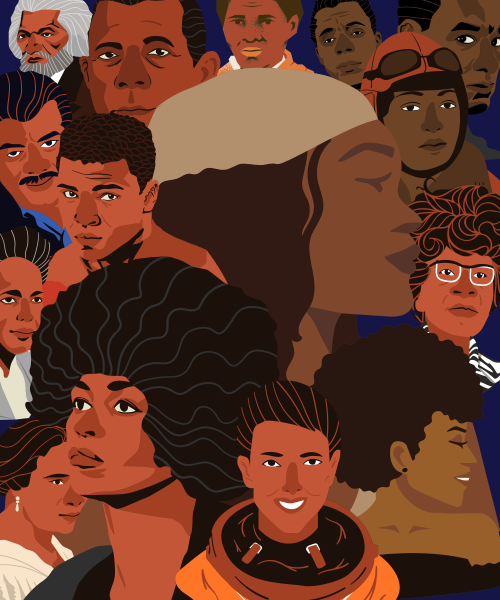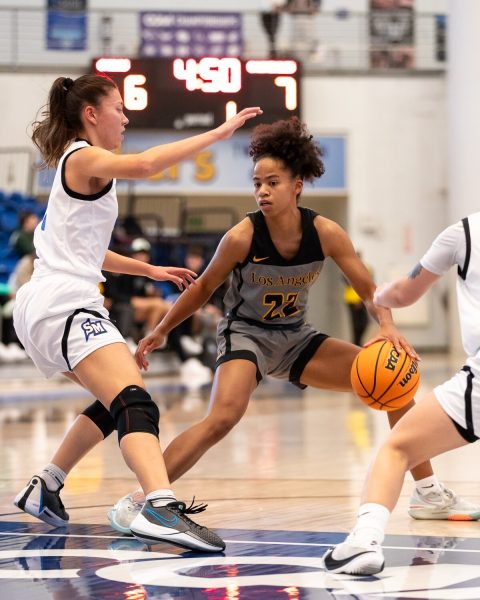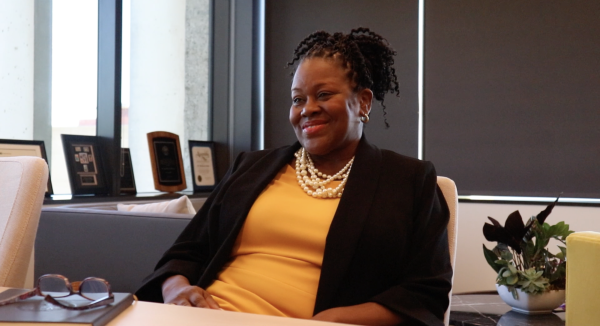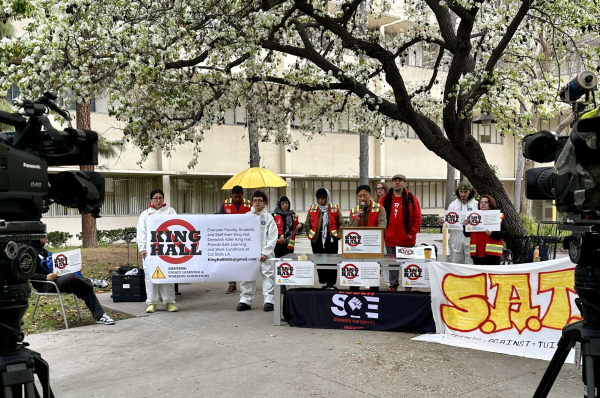A Deeper Consideration into MLK Jr.
Cross Cultural Centers Sponsors MLK Jr. Event Discussing “The King You Didn’t Know”.
History has a habit of painting in broad strokes. So it may come as a shock to some that the man idolized today as a champion of equality and justice–the man whose name is seen plastered on student scholarships, emblazoned on street signs, schools, hospitals, and civic centers–isn’t all he is made out to be.
On January 30th, the Cross Cultural Centers (CCC) will host their first celebration in honor of Dr. Martin Luther King Jr. in the Los Angeles Room, third floor of the University-Student Union (U-SU).
“We needed to have a program for MLK. So that’s the practical element,” said fourth year Communications student Donovan Saddler, who is spearheading the event. “I personally have been super into MLK for a long time and I was talking to Chaz, the assistant director here, about the kind of over-romanticization and simplification of his message. So that’s where it comes from, sharing that there’s some gnarly stuff about him.”
To dig into the nitty-gritty details of MLK’s career, some of which go overlooked by the media today, the CCC has lined up a panel including Dr. Tavengwa Gwekwere (Professor of Pan African Studies), Jodi Scofield (graduate student), and Dr. Fred Smith (Director of Cross Cultural Centers) to address hot topic points such as: Why did MLK view white moderates as more dangerous than white supremacists? Why did he lament that he had “integrated his people into a burning house?” How does MLK’s mission relate to anti-colonialism in Africa?
“As a young leader–you know, he dies at 39-years-old, he’s a young guy, and also his ideology is changing through that time, as well,” said Sandler. “How I see it, we capture him in this time, 1963, ‘64, but after that, he continues to evolve in his ideology.”
This is where the CCC’s event will explore uncharted territory. Students are taught in school about MLK’s involvement with the Civil Rights Movement, but what about his push for a redistribution of wealth in favor of the working class.
When it comes down to it, MLK, like Malcolm X, Fred Hampton and other civil rights leaders, are political figures that are relatable. Many were young in their heydays and many were also young when they left us.
Dr. King was in his thirties when he was assassinated. Malcolm X was just a year older, at forty. Hampton was just twenty-one. He could have been a Golden Eagle.
“I want a lot of folks to come away with seeing how someone’s actions have deeper and long-lasting effects. And hopefully, they can inspire themselves to create a legacy of their own,” said Sandler.

